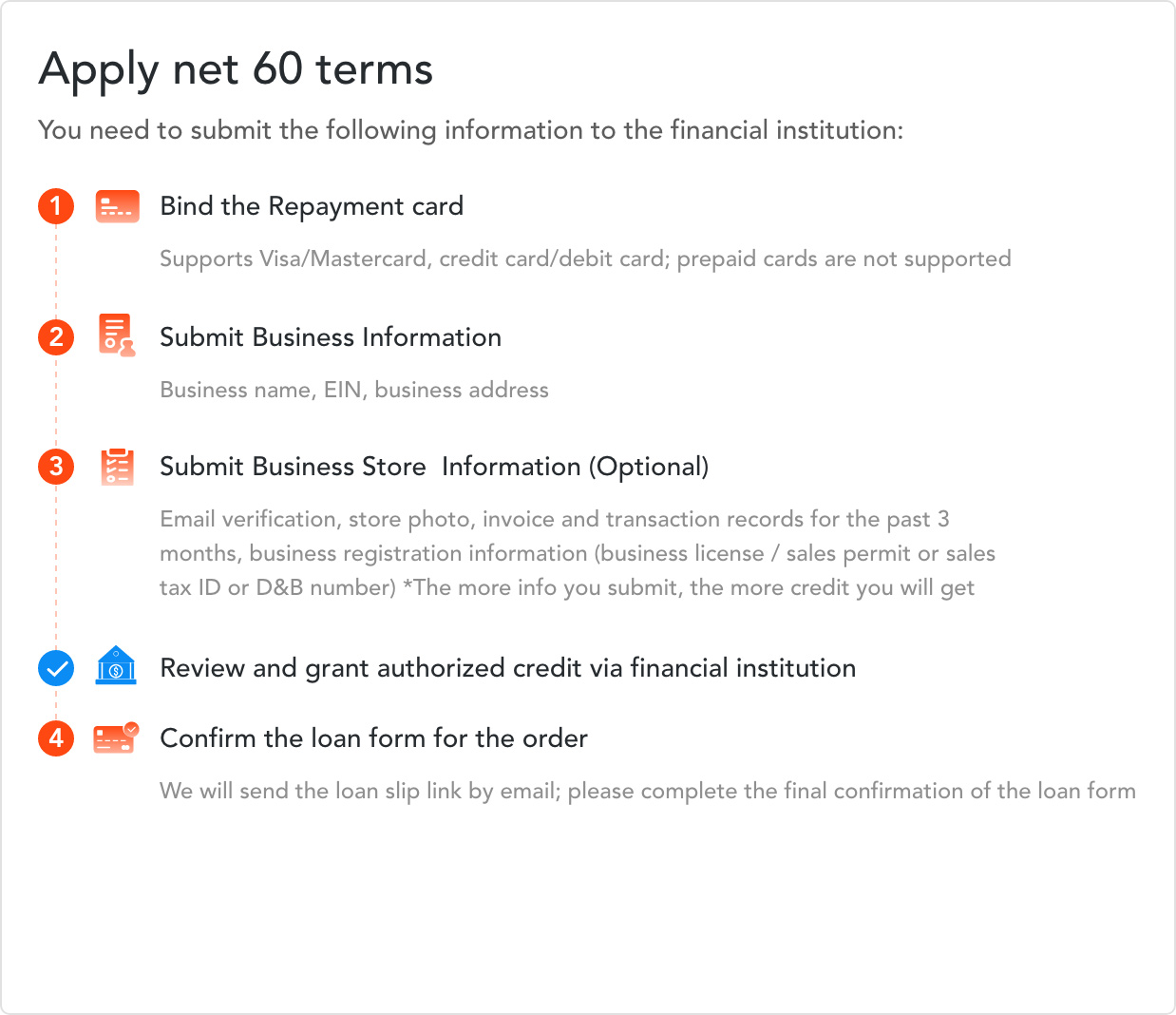
Retailers getting their products manufactured by suppliers is very common. It is something that most retailers do. It is rare to see a brand that actually manufactures and sells its inventory directly to its consumers. That is not to say that this way of business building isn’t on the rise, however; it has a long way to go before it becomes the norm. As of right now, whether a retailer sells online or in-person, it most likely has a supplier.
It is a common practice for firms to sell products without putting their own branding or name on them. This could be for a number of different reasons, one being that selling branded items that are more well-known to a larger audience is a good way to get consumers through the door and buying from your store.
However, a private label product is different. A private label product is a product that a retailer will get produced by a third-party manufacturer, but the retailer will sell it under its own brand name. A private label product will be packaged, named, and sold in accordance with the retailer’s wishes. The retailer has control of everything when it comes to a private label product.
A consumer would have no idea that an item they’re buying was made by a third-party firm. As far as the consumer is concerned, everything they buy is under the company’s own-brand products.
What Are Typical Private Label Products?
From private label hair products to private label clothing, there are many items that fall under this category. Virtually, a retailer could have any product private labeled, but there are certain niches that are more commonly seen to be private labeled. Those are:
- Beauty and Personal Care products. You will find nail salons, hairstylists, and more selling their own products, such as nail polish, shampoo, hairdryers, and more.
- The Food and Beverage industry is a common market that you will see selling their own brand of condiments, potato chips, and more in their grocery stores. Typically, store-named items can be the more affordable option for consumers.
- Pet Food and Accessories. If you step into a pet store, you'll commonly see their own brand labels on food for dogs and cats, as well as toys, and other items for animals.
- Clothing. While high street clothing stores will sell branded alternatives, you’ll see these same stores selling their own lines in their stores and online.
What Are the Advantages of Private Labeling?
Why do companies private label? Private labeling has its advantages that would appeal to retailers, whether they are bigger or smaller companies. Most often, retailers of physical products will see a significant advantage to private labeling their products. For example, here are the most notable advantages for retailers:
- Adaptability: Some retailers find that the market in the industry changes frequently. As a result, retailers need a supplier that can adapt to that demand. However, this can be a slow process, so private labeling is a more adaptable way for companies to get products that are a better fit for what the market wants. These firms will notice the change in customer behavior and change accordingly.
- Better able to control production: Retailers are able to have better control over production when they opt for private labeling. Manufacturers act on the instructions of retailers, ensuring that everything the retailer wants is done. With this ability, retailers can really be specific about fundamental aspects of products such as color and shape.
- Retailers have better control over pricing: Just as retailers are able to have better control over the production of products, they’re also able to have better control over the pricing of the production costs. This means that as a retailer, you can determine the price of an item in your store, as opposed to being dictated how much you can charge for something. This will help in the revenue of what you’re selling as opposed to selling primarily brand-name items.
- Control over branding: Just as a retailer is able to have control over production and pricing, they’re able to have control over branding. When a retailer is selling brand-name items, they have no control or say over branding. You’re only allowed to have things displayed as the brand dictates you to do. As a retailer, you want consumers to come to love your company’s items as opposed to branded products. In order to have consumers look to buy your items, private labeling is a good way to go.
When a retailer is private labeling their products, they have more control over their items and can really create what they want, as opposed to selling already made items by branded labels. It’s a better way to also build up brand loyalty and have consumers brandishing your name and promoting it to others.
What Are the Disadvantages of Private Labels?
Just as there are advantages to private labeling, there will always be disadvantages. However, there is only really one disadvantage for a retailer if they choose to private label their products. As a retailer, private labeling your products may seem like it’s a fantastic idea - why wouldn’t you want consumers to have products with your brand on them?
The reality is that it can be difficult to create brand loyalty - your private label items will be competing against names that are already established within the industry you’re operating in. As a result, people may be more inclined to purchase items from brands that they know as opposed to your private label item. At first, you may not have the money to promote your items and this could cause your items to not get picked up - which, is why retailers will often look to sell branded items as opposed to private labeling. Private labeling can be something that can be offered later when you have established your store with consumers.
White Labeling vs Private Labeling
When understanding private labeling, it’s also good (as a retailer) to understand what white labeling is. While both are similar, there are differences. White Labeling is having products produced/provided by one company that will go to other retailers who will then rebrand and sell those products under their own trademark. So, while these products are all made under one manufacturer, they’re stripped of their brand and logo so the retailer can then put their own brand onto it.
What are the main differences between private label vs white label?
While both labeling types allow the retailer to control the marketing and advertising campaigns created by third-party manufacturers, there are some key differences between the two. Differences that could make a difference for a retailer who is unsure which one is the better option for their business.
Customization.
When it comes to customization, private labeling wins over white labeling. When it comes to white labeling, you may only be able to customize the packing as the item has already been produced. The private label products can be customized to look different and resemble more of what you, as the retailer; want.
Exclusivity.
As a private label item, this item will be exclusive to the buyer. White label products are not as exclusive, as they sell the same goods to different sellers. If you are a retailer that is looking to have something exclusive to you, white labeling a product is not going to be the option that you will want to go with.
Cost and ROI.
There are a lot of competitors for white label products, so retailers have to advertise them a lot, but if you do, then the profit becomes higher. For private label items, the cost of private trademarks are high, however; the ROI is expected to be high since you, as the seller; will be the retailer of the exclusive and unique items.
The products themselves.
When it comes to the products themselves, private label products tend to be physical items such as clothing or hair products. You’ll see these sorts of items produced by manufacturers and resold by retailers. White labels products are typically services or software that are distributed to retailers who will then resell them as their own.
Conclusion
Private labeling a product has more advantages than it does disadvantages. While retailers, especially those who are just starting out; should weigh their options, private labeling products could be very lucrative for any business. The items typically found to be private labeled are physical products that can be used. We see this in clothing, grocery store brands, and more. Stores want to get the brand recognition that will have consumers coming to them, so in many cases, retailers will choose to not just exclusively sell private label items. Instead, they will include these in their brand-name items. Take the makeup store Sephora - while they sell well-known brands such as Urban Decay and Too Faced, they also have their own Sephora line. Giving consumers this option could really help in the sale of private-label items.





